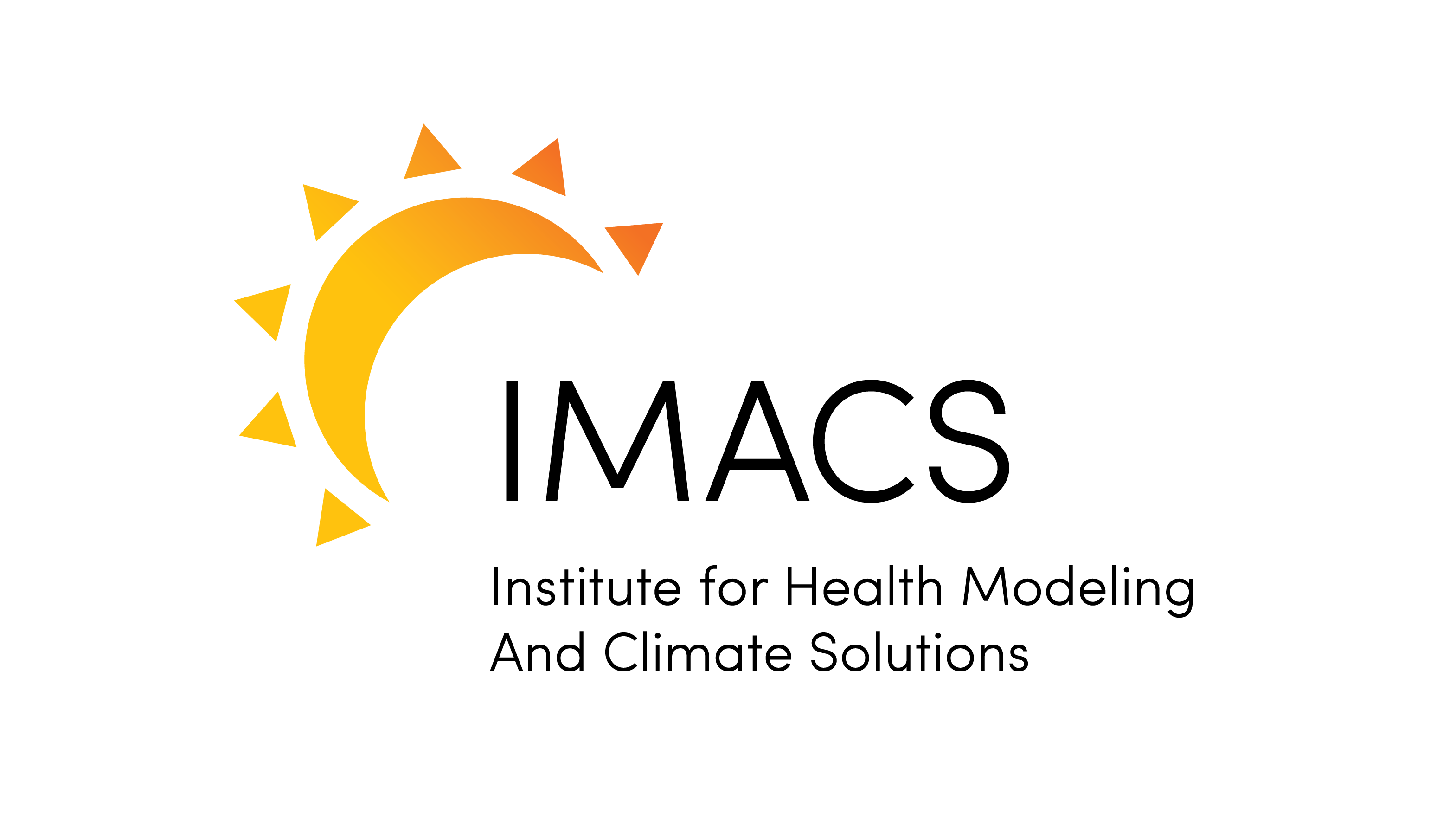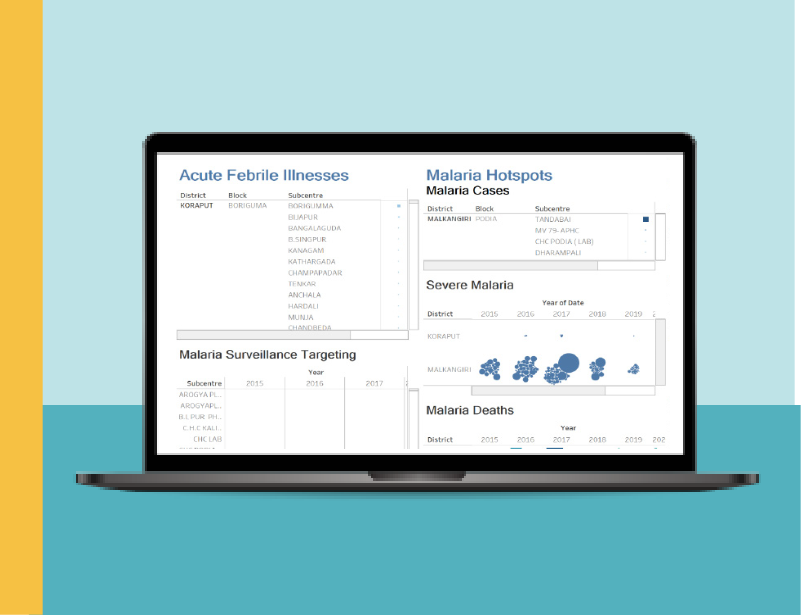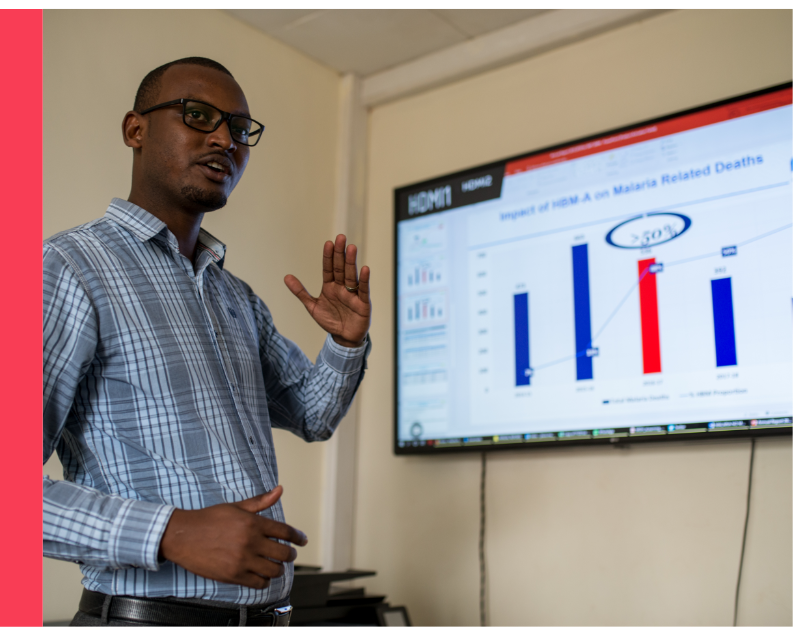
Transforming global health response to climate change with avant-garde predictive technologies and climate-informed precision programming to enhance health system resilience.
WHY PRECISION PROGRAMMING?
CLIMATE CHANGE HAS REDEFINED PUBLIC HEALTH PARADIGMS, DEMANDING PRECISE, PROACTIVE, AND IMMEDIATE RESPONSES TO PREEMPT AND MITIGATE EMERGING THREATS.
Climate change is fundamentally transforming the landscape of public health, rendering traditional strategies inadequate in the face of increasingly complex challenges. Rising temperatures, changing rainfall patterns, and extreme weather events change the distribution of infectious diseases like malaria, dengue, cholera, leptospirosis, and others, making it harder to predict when and where outbreaks will occur. It also means that these diseases are now reaching new geographies, thrusting unfamiliar health threats upon communities unversed in essential protective and preventive practices– using bed nets, securing clean water sources, and upholding stringent hygiene practices. Compounding this challenge, local health systems in these areas are often ill-equipped for timely detection and response, leaving populations vulnerable to rapidly spreading health threats. To address these challenges effectively, we require precise, proactive, and immediate interventions. Leveraging advanced predictive technologies and sophisticated
big data solutions, we can develop targeted approaches that preemptively mitigate emerging threats. This proactive strategy calls for unprecedented collaboration across disciplines, integrating environmental, technological, and health expertise to tailor our responses to the unique needs of dynamically affected communities.
According to the recent Intergovernmental Panel on Climate Change (IPCC) report, “Climate Change 2022”
In East and Southern Africa, 50-62 million people will be risk of malaria by the 2030s, and 196-198 million more at risk by the 2080s.
In South Asia the population at risk of malaria infection is estimated to increase by 134 million by 2030.
ABOUT THE INSTITUTE FOR HEALTH MODELING AND CLIMATE SOLUTIONS
A GLOBAL CENTER OF EXCELLENCE AT THE NEXUS OF HEALTH, CLIMATE RESILIENCE, AND ADVANCED DIGITAL TECHNOLOGIES
The Institute for Health Modeling and Climate Solutions is a premier virtual center of excellence driving the future of climate-informed disease prediction and public health planning. We empower global health strategies and public health programs by integrating cutting-edge digital technologies and health, climate, and population data to preemptively combat emerging health threats. By pioneering advanced multi-disease early warning systems and precision programming tools, creating a dynamic network of expertise at the intersection of epidemiology, public health, environmental science, and data systems bringing together the top researchers and practitioners from around the world, and enhancing technical capabilities of most affected countries, we aim to ensure most vulnerable communities worldwide are equipped to face the health challenges of a changing climate.
Institute for Health Modeling and Climate Solutions’ Three Pillars of Action
Innovation & Original Research
Our Intelligent System for Disease Prediction and Planning combines multiple advanced data sources and uses artificial intelligence to create increasingly accurate predictions of when and where a disease outbreak could occur, and prescribe practical actions to stop them before they do.
NETWORK & KNOWLEDGE DISSEMINATION
We are creating multilogues to promote shared learning, knowledge dissemination, standard methodologies, and cutting-edge data and modeling solutions to collectively advance the discipline of climate-informed prediction and planning.
TECHNICAL ASSISTANCE & CAPACITY STRENGTHENING SERVICES
Helping ministries of health access and use improved meteorological and earth observation data sources, unlock the predictive capabilities of advanced digital technologies, formulate data-driven strategies for public health and disease elimination programs, and establish local platforms and coordination mechanisms fostering multisectoral action.
INNOVATIONS & ORIGINAL RESEARCH
INTELLIGENT MULTI-DISEASE PREDICTION, EARLY WARNING & PLANNING SYSTEM
IMACS’ first innovation is a sophisticated prediction and planning toolkit that achieved over 93% accuracy in malaria prediction in India and demonstrated the potential of reducing malaria transmission by about 50% through precision programming. This novel digital system combines multiple sources of complex and hyperlocal real-world data, applies dynamic modeling technique leveraging a fusion network architecture and federated learning, and produces easy-to-use visual interpretations and data storytelling for public health officials – all to improve decision-making in support of malaria elimination. Currently, the system is being adapted and integrated in Indonesia for multiple climate-sensitive infectious diseases in collaboration with the Indonesia government, the AI Industry Association (KORIKA), and the Mohamed bin Zayed University of Artificial Intelligence.

IMACS’ INTELLIGENT MULTI-DISEASE PREDICTION, EARLY WARNING & PLANNING SYSTEM CONTAIN MULTIPLE ELEMENTS, INCLUDING:
Weather Info
High resolution data and forecasts for temperature, humidity, precipitation, and other relevant informationHOTSPOT MAPS
Granular mapping of disease hotspots, and risk stratificationMonitoring Toolkit
User-friendly dashboards for monitoring supply chains, service, and program delivery
Fever care
mHealth app for real-time fever detection, tracking, and management
Malaria Intellibot
AI-based natural language processing bot for user-interactionNETWORK & KNOWLEDGE DISSEMINATION
A GLOBAL EXPERT NETWORK AND SCIENTIFIC ADVISORY BOARD
A Scientific Advisory Board provides objective input and oversight to curate the latest research and innovations, drives the global research agenda, and drive science diplomacy. IMACS also convenes a community of practice of 48 select experts from 25+ countries around 13 disciplines, enabling collective advancement through shared research priorities, lessons learned, and joint efforts. The expert network of leading researchers and practitioners meet regularly, virtually, to share their work, new innovations in the field, and provide mutual support and direction and actively engages in scintillating discussions in panels, workshops, and symposium in prominent global platforms to share knowledge, learnings and best practices from their research. In 2023, with support from the select members of the network, IMACS conducted a survey and an extensive cataloging of global digital tools, available here.

Advancing the discipline of climate-informed malaria prediction and planning through:
Discussion of new research and findings
Harmonization of methodology and terminology
Collaboration opportunities for joint research
News sharing and knowledge dissemination
Routine networking and information exchange
TECHNICAL ASSISTANCE & CAPACITY STRENGTHENING SERVICES
On-the-ground practical deployment
IMACS, through its dedicated staff, expert network, and Scientific Advisory Board, offers strategic advisory support to health ministries and in-country partners. We help develop multi-sectoral platforms that integrate health, meteorology, environment, forestry, maritime, and other departments to create precision-programming and data-sharing strategies. By forming technical working groups and enhancing their capacities, we enable the effective use of demographic, socio-economic, health, and climate data to prioritize disease risks. Our tailored plans assist ministries and disease control programs in identifying, designing, and deploying the most practical digital solutions, ensuring success through a customized approach that respects each country's unique needs, circumstances, and pre-existing health information systems.

The technical assistance phases of support are:
Needs assessment
Assessment of the current public health policies, climate-driven risks of diseases, surveillance mechanisms, data availability, and local technical capacity
Recommendations
Identification of medium- and long-term opportunities to strengthen prediction and planning
Implementation Plan
Translating recommendations into practical work plans and resource requirements
Enabling environment
Data sharing agreements, intersectional solutions, and other support structures
